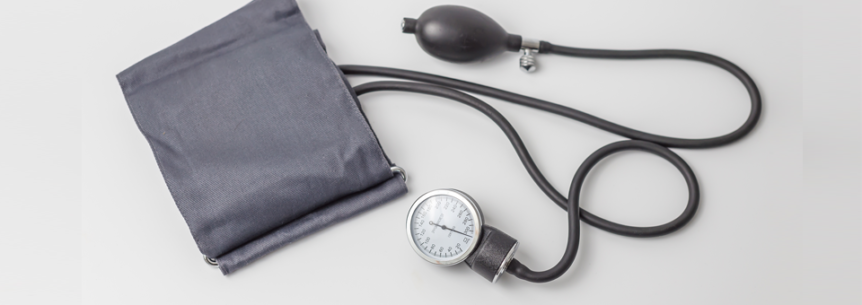A new study published in Lancet Neurology shows that high blood pressure causes Alzheimer’s.
It found people with high blood pressure in middle age had smaller brains and poorer brain health in their 70s compared to people with normal blood pressure.1
But the researchers also determined that there was no link between blood pressure and the build-up of amyloid proteins — the hallmark of Alzheimer’s.
This means that brain shrinkage is a direct result of changes in the blood vessels that bring oxygen-rich blood to the brain.
You see, high blood pressure damages and weakens blood vessels in the brain. And when blood supply becomes impaired, the amount of energy supplied to your brain cells gets compromised. One of the reasons for the breakdown in this energy supply is a breakdown in the blood-brain barrier.
When blood flow to the brain is restricted, your brain gets less oxygen and fewer nutrients, causing shrinkage. And that leads to lower cognitive function.2
Conventional doctors are quick to prescribe drugs to bring high blood pressure down. In some cases, they’ll put you on two or three different pills. These include diuretics, beta-blockers and calcium channel blockers.
I’ve been warning about the danger of these drugs for years. They have serious side effects and can even lead to cardiac failure, heart attack, depression, colitis, and arthritis pain.
I never recommend these drugs to my patients. And if they’re on one of these Big Pharma pills when they come to see me, I immediately take them off.
Lower Blood Pressure to Protect Your Brain
Here’s what I suggest instead:
- Take my favorite supplement – CoQ10. This nutrient alone helps 50% of my patients get high blood pressure back to normal.
Studies show boosting your CoQ10 can drop blood pressure an amazing 11 to 17 mmHg in systolic pressure and 8 to 10 mmHg in diastolic pressure.3 In another study, adding just 120 mg/day of CoQ10 for eight weeks in patients with high blood pressure and coronary artery disease decreased systolic pressure by an average of 12 mmHg and diastolic pressure by an average of 6 mmHg compared to a placebo.4I recommend taking 100 mg a day until your blood pressure is under control. At that point you can drop to 60 mg. And make sure you take the ubiquinol form of CoQ10 — it’s the most potent.
- Use nature’s own blood pressure “prescription.” Magnesium is your body’s natural blood vessel relaxer. It helps balance potassium, sodium and calcium, which all affect blood pressure.
A review of 34 studies covering more than 2,000 patients, researchers found that taking magnesium daily for one month lowered systolic pressure by 2 mmHg and diastolic pressure by 1.8 mmHg.5
I recommend between 600 mg and 1,000 mg a day. Take it with vitamin B6. It will increase the amount of magnesium that accumulates in your cells.
To Your Good Health,
Al Sears, MD, CNS
1. Lane CA, et al. “Associations between blood pressure across adulthood and late-life brain structure and pathology in the neuroscience substudy of the 1946 British birth cohort (Insight 46): An epidemiological study.” Lancet Neurol. 2019;18(10):942-952.
2. Alosco ML, et al. “The adverse effects of reduced cerebral perfusion on cognition and brain structure in older adults with cardiovascular disease.” Brain Behav. 2013;3(6):626-636.
3. Rosenfeldt FL, et al. “Coenzyme Q10 in the treatment of hypertension: a meta-analysis of the clinical trials.” J Hum Hypertens. 2007;21(4):297-306.
4. Singh RB, et al. “Effect of hydrosoluble coenzyme Q10 on blood pressures and insulin resistance in hypertensive patients with coronary artery disease.” J Hum Hypertens. 1999;13(3):203-208.
5. Zhang X, et al. “Effects of magnesium supplementation on blood pressure: A meta-analysis of randomized double-blind placebo-controlled trials.” Hypertension. 2016;68(2):324-333.

